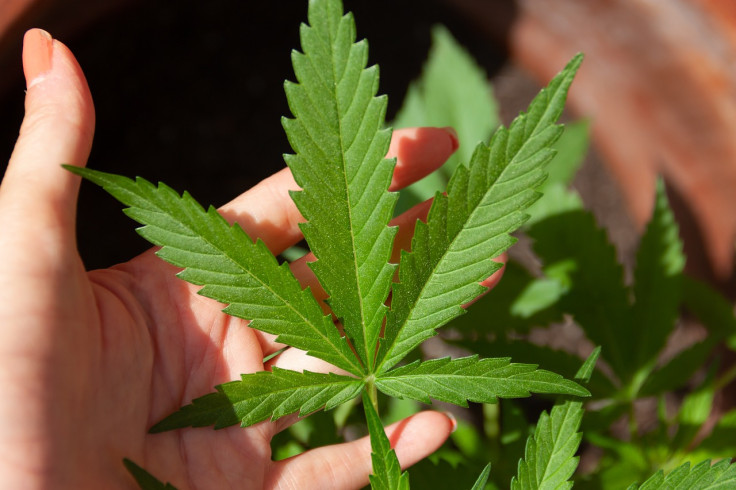Regular Marijuana Use Linked To Elevated Risk Of Heart Attack, Stroke

Regular use of marijuana may elevate the risk of heart attacks and stroke, two new studies show.
Marijuana, also known as cannabis, is a drug legalized for recreational and medical use in many U.S. states. The impact of marijuana on a person's body depends on several factors such as frequency and the amount of use. It is known to pose health risks, including marijuana use disorder, mental health issues, problems with brain function and elevated heart rate and blood pressure.
According to two independent preliminary studies, which will be presented at the American Heart Association's Scientific Sessions 2023, people who use marijuana regularly are at an increased risk of heart failure, stroke and heart attack.
The first study found that daily use of marijuana could raise heart failure risk to 34% compared to those who do not use the drug. Researchers made the finding after surveying the frequency of marijuana use among 156,999 people who were free from heart failure at the time of enrollment.
After nearly four years, around 2% of the participants developed heart failure. After adjusting factors such as alcohol use, smoking, type 2 diabetes, high blood pressure, high cholesterol and obesity, there was a 34% risk in regular users.
"Our results should encourage more researchers to study the use of marijuana to better understand its health implications, especially on cardiovascular risk. We want to provide the population with high-quality information on marijuana use and to help inform policy decisions at the state level, to educate patients and to guide health care professionals," said lead study author Dr. Yakubu Bene-Alhasan.
The study has certain limitations as it has not specified the type of marijuana use, whether it was inhaled or eaten. Studies show that the type of ingestion may influence cardiovascular outcomes.
The second study suggests that older adults who use marijuana may have an increased risk for a major heart or brain event when they have a combination of factors such as type 2 diabetes, high blood pressure and high cholesterol.
The research team evaluated 28,000 marijuana users above the age of 65, who were not tobacco users and at high risk for heart problems. The results show they were at 20% increased risk of developing heart attack, stroke, cardiac arrest, irregular heartbeat or arrhythmia while hospitalized, compared to the group who did not use cannabis.
"We must be mindful about major heart and stroke events in older adults with cannabis use disorder. At this point, we need more studies to understand the long-term effects of cannabis use. Healthcare professionals should include the question, 'Are you using cannabis?' when taking a patient's history. If you ask patients if they are smoking, people think cigarette smoking. The main public message is to be more aware of the increased risks and open the lines of communication so that cannabis use is acknowledged and considered," said lead study author Avilash Mondal.
Since it is based on a large database, there might be coding errors in patients' health records and variations in the way each hospital records it, which might affect the results.



























